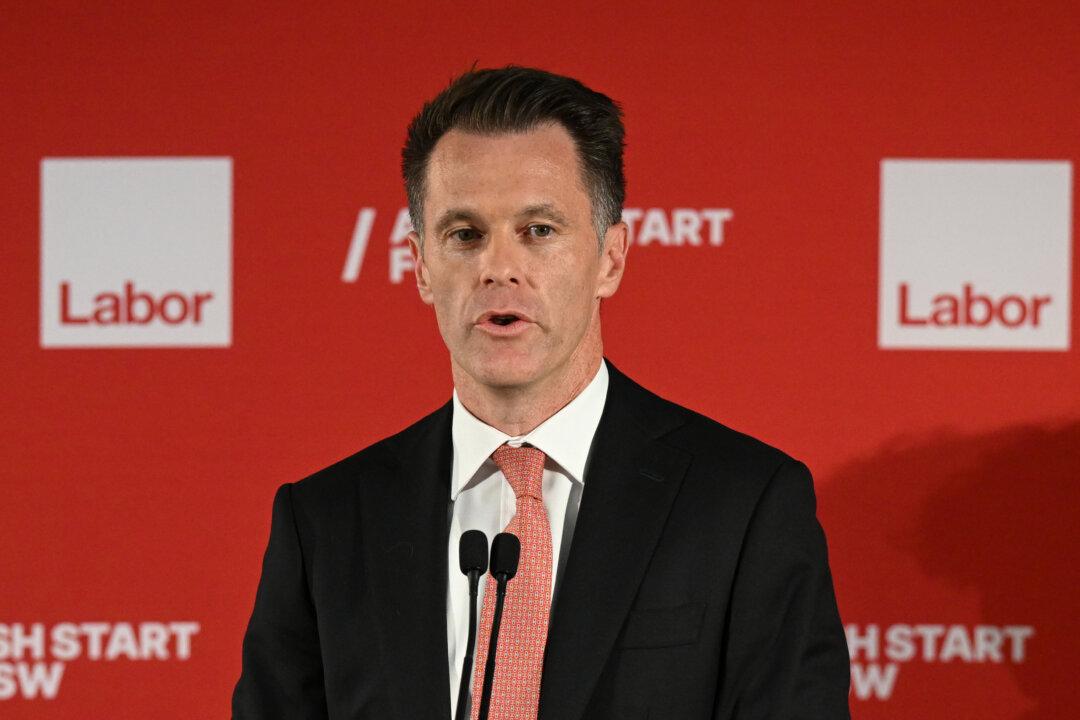Unlike his state counterparts, newly elected New South Wales (NSW) Labor leader Chris Minns will not be jetting off to China in the immediate future.
“I’m not going to China. There’s enough on my plate right here in NSW,” he told 2GB radio on April 6. “Cost of living is going through the roof, inflation is running between seven and eight percent, and there’s a crisis in our schools and hospitals. There’s plenty on my plate right here.”





